Striking CSO musicians reject “final” contract offer; two more weeks of concerts cancelled
In recent days it looked like the Chicago Symphony Orchestra’s month-long strike might be coming to an end. The two sides met Friday—for the first time in three weeks— and negotiations continued through the weekend.
On Monday night the musicians voted to reject a compromise “final” proposal from management, which sought to address their concerns regarding salary increases and pension plans. The usual pattern ensued of dueling late-night press releases, with each side blaming the other for the ongoing impasse.
That doesn’t bode well for this strike being settled anytime soon. It is looking increasingly likely that an agreement will not be reached in time to save the remaining two months of the orchestra’s current season.
Following the musicians’ rejection of the latest offer, the CSO Association announced on Tuesday the cancellation of two more weeks of Symphony Center concerts through April 23. These include all scheduled Civic Orchestra events (on- and off-site), CSO programs led by Emmanuel Krivine and Fabien Gabel, and the April 14 recital by Midori and Jean-Yves Thibaudet.
The CSO Association appeared to be attempting to reach a compromise with what it termed its “last, best and final offer for a new contract,” which was proffered to the musicians on Sunday.
The changes in this final contract revised offer are:
- Increasing the base salary from 5% over three years to 12% over five years (annual increases of 2%, 2%, 2%, 2.5% and 3%). That would lift the musician base salary from $167,094 in the previous offer to $178,152 in the final year of the contract.
- A phased-in transition from the current defined benefit plan to a defined (or direct) contribution plan for current members. Musicians can select two dates (July 1, 2020 or July 1, 2023) to transition to the new plan.
- An increase in the employer contribution for the new plan from 7% to 8% for all current and new musicians;
- Additional transition contributions for three years, based on years of service and age. (67 musicians would receive the maximum additional contributions from the Association into their individual retirement accounts – totaling more than $90,000 in the first three years of the transition);
- An added investment protection feature to provide security of their annual benefit in retirement.
In their released statement rejecting this latest proposal, the musicians reiterated previous objections. They say that this revised offer would “freeze the pension plan at its current level,” prohibiting new hires from joining and denying two-thirds of the orchestra any guarantee to increase their benefit.
The statement also says that the salary increase of 12% over five years is “hardly keeping up with inflation,” and would put the CSO musicians at a level further behind orchestra salaries in Los Angeles and San Francisco.
“We are extremely disappointed that management refuses to hear the Musicians’ concerns about a secure retirement for the Musicians and a secure future for the CSO,” said Steve Lester, chair of the musicians’ negotiating committee in a released statement. “In contrast, the proposal put forth by the Union – but rejected by the Board — fully addressed management’s alleged concerns about unpredictable pension funding while guaranteeing the Musicians and the Orchestra the security deserved.”
Posted in Uncategorized
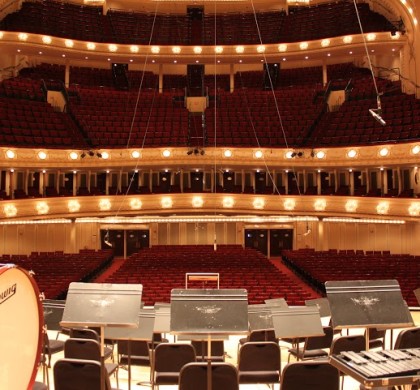
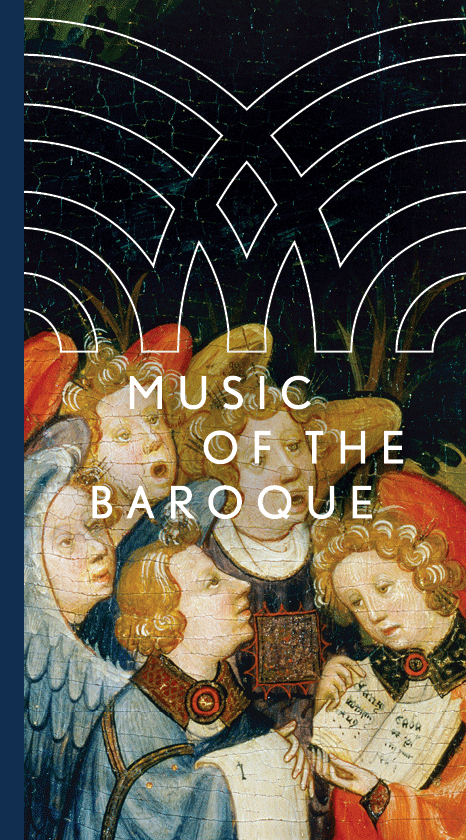
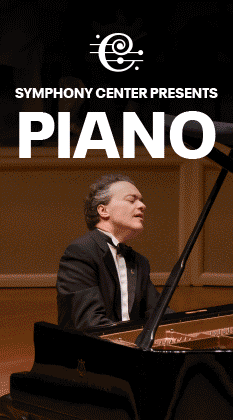
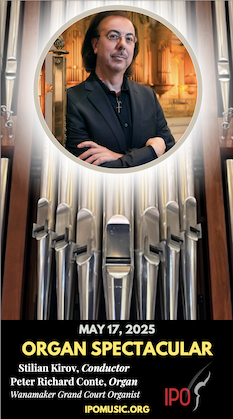
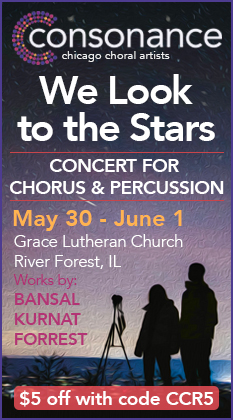

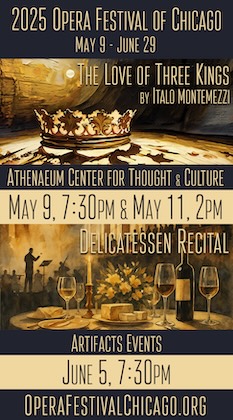
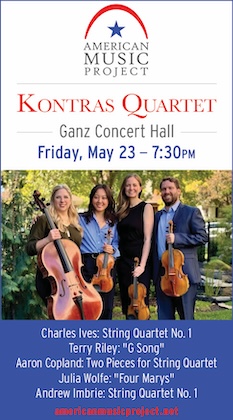

Posted Apr 09, 2019 at 3:35 pm by Gregory Nigosian
Who/what is the contracting body for Ravinia performances? (The Highland Park Philharmonic?) Is there even an entity which can be called the CSO at this point? Are paid subscriptions for the next season in escrow? Are those people and organizations who might have donated less likely to donate? Who has standing under Illinois law to challenge that the trustees are properly exercising their fiduciary responsibilities and should be replaced?